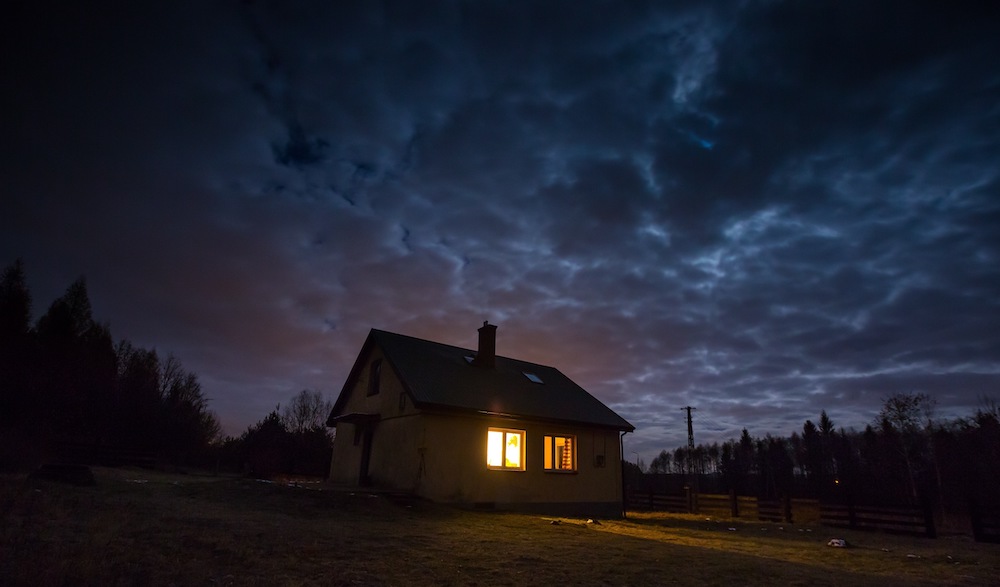It’s already hard enough to come up with an appraisal for unique homes. How do you even tackle one that has a “reputation” or is just undesirable? It’s probably not something we usually think about when we think about real estate, but they are out there. Today we are going to tackle this taboo topic of how to a home’s dark history can impact a home’s value—for better or worse—and tips on how to appraise what’s seemingly the un-appraisable.
What Is A Stigmatized or Dark Home?
Some are more well-known than others, but a “dark” or stigmatized home could be any home in which a (usually somewhat disturbing) crime or death took place, or somewhere thought to be haunted. It may have a bad reputation, and could be a destination for guided tours. This could mean anything from hearing a voice at night to a mass suicide site…Yikes!
One example of a “dark” home is the childhood home of serial killer/cannibal, Jeffrey Dahmer. This home located in Akron, Ohio is where Dahmer murdered his first victim in 1978 and spread the remains about the property. Today, musician Chris Butler, of The Waitresses, happily resides there. If we look further back in history, we have the Lizzie Borden House in Fall River, Massachusetts. The site of the gruesome axe-murders of Mr. and Mrs. Borden in 1892, this home now serves as a bed and breakfast. On a lower scale, think about that friend’s house that they swore was haunted back in the day—maybe it was? These homes, and many others, have what some would call “dark energy” attached to them.
Who Is Interested In Buying A Dark Home?
There are many people who, if they know about something bad that happened on a home’s property, or think it is haunted, will not be willing to buy it. However, as there is a spectrum of bad energy in a home, there is also a spectrum of willingness to buy said home. Oddly enough, Millenials are willing to purchase a home with some history if they can get something out of it in return, like a lower price. There are also people who are into the occult, and would love to have access to a home that is haunted, or that a grisly crime took place in, and can even use it to their advantage (hello, dark tourism!), like in the case of the Lizzie Borden House.
How Do I Appraise A Dark Home?
While appraising a home such as this may seem hard to do, if you think about it like any other home, that challenge becomes less intimidating. First of all taking note from Randall Bell, who is known to only appraise properties like these, the value will generally have a 10-25% decrease. Secondly, depending on the severity of the reputation or events that happened there, the home value may not be significantly affected at all if it’s in good condition. It comes down to these factors: location, what occurred on that property, and historically how similar situated homes sold in that area. For example, if you’re appraising a home where a murder took place, then objectively, how did similar homes that had murders sell? Did they sell at all? What condition were they in? It sounds silly, but these facts will help your client understand the home’s true value.
Use your instincts as a professional to help guide your own evaluation process—perhaps even talk to colleagues who took the plunge on appraising similar homes for advice. Appraisal work can be strenuous and perhaps boring at times, but it doesn’t have to be. Randall Bell has made it his career as a specialist in valuing high profile homes with dark pasts quite successfully. This doesn’t mean that you need to do exactly as he does, but that doesn’t mean you should limit yourself to what’s comfortable either. Appraising these kinds of homes can become challenges you look forward to and done enough times, could give you an edge in above your competition.

